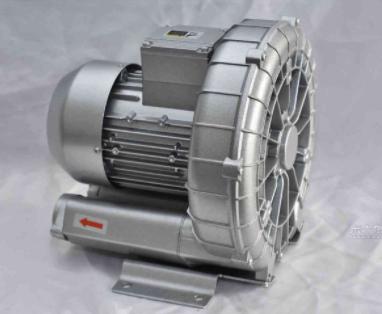Understanding Power Frequency Spark Testers for Electrical Insulation and Equipment Performance Evaluation
Understanding Power Frequency Spark Testers
Power frequency spark testers are essential instruments used in various industries to ensure the integrity and safety of electrical insulation systems. These devices play a critical role in assessing the capability of insulation materials to withstand high voltage conditions, thus preventing potential electrical failures that can lead to catastrophic consequences. In this article, we will explore the principles of operation, applications, and benefits of power frequency spark testers.
Principles of Operation
The basic principle behind a power frequency spark tester revolves around applying a high voltage AC supply—typically at a frequency of 50 or 60 Hz—to the insulation under test. The tester generates a voltage that gradually increases until it reaches a predetermined threshold, at which point a breakdown might occur in case of any weak points or defects in the insulation material. This process enables the tester to assess the dielectric strength of the insulation.
The key components of a power frequency spark tester include a high-voltage transformer, control circuitry, and measuring devices. The transformer steps up the voltage from a standard power supply to the required testing level. Control circuits allow the operator to adjust and monitor the voltage applied to the insulation, while measuring devices provide feedback on whether the insulation passes or fails the test based on established standards.
Applications
Power frequency spark testers find diverse applications across multiple sectors. They are extensively used in the manufacturing and maintenance of electrical equipment, such as transformers, cables, motors, and generators. Specifically, they are crucial in quality control processes during the production of electrical components to ensure that they meet stringent safety and performance standards.
Moreover, these testers are widely utilized in the field of electrical maintenance. Technicians utilize spark testers to routinely inspect insulation systems in industrial setups and power stations. By identifying weak or failing insulation before it leads to significant issues, businesses can reduce downtime, enhance operational efficiency, and avoid costly repairs.
power frequency spark tester

In addition to routine inspections, power frequency spark testers are invaluable during commissioning new equipment. Before an asset goes live, it must be tested to ensure that its insulation is capable of handling the operational voltage. This preventative measure plays a significant role in establishing reliability and safety in electrical systems.
Benefits
The use of power frequency spark testers offers multiple advantages. Firstly, they are pivotal in enhancing safety. By identifying insulation weaknesses or defects, these testers help prevent electrical failures that could lead to fires, explosions, or severe injuries.
Secondly, regularly testing insulation with power frequency spark testers contributes to the longevity of electrical equipment. Detecting and addressing issues early can prolong the life of components, ultimately leading to significant cost savings associated with maintenance and replacement.
Moreover, power frequency spark testing is a straightforward process. Many modern testers come equipped with user-friendly interfaces, making it easier for technicians to operate them and interpret results. This accessibility democratizes the use of such testing in various environments—corporate settings, workshops, and field testing.
Lastly, the data obtained from these tests can serve as a comprehensive record for compliance with industry regulations and standards. Maintaining meticulous documentation of insulation testing aids in audits and certifications, which are essential in maintaining operational integrity.
Conclusion
In summary, power frequency spark testers are vital tools in ensuring electrical safety and reliability. Their ability to identify insulation defects and weaknesses plays a crucial role in preventing electrical failures, thus protecting both people and property. As technology advances, the efficiency and capability of such devices will continue to enhance, further solidifying their integral role in the electrical engineering landscape.
-
The Role of Tensile Force Testers in Quality Control and Material Science
NewsAug.01,2025
-
Maintenance and Safety Tips for Aging Ovens
NewsAug.01,2025
-
Density Balance in Forensic Science
NewsAug.01,2025
-
Advanced Optical Measurement Technologies
NewsAug.01,2025
-
A Buyer’s Guide to Tensile Test Machines
NewsAug.01,2025
-
Why the Conductor Resistance Constant Temperature Measurement Machine Redefines Precision
NewsJun.20,2025
 Copyright © 2025 Hebei Fangyuan Instrument & Equipment Co.,Ltd. All Rights Reserved. Sitemap | Privacy Policy
Copyright © 2025 Hebei Fangyuan Instrument & Equipment Co.,Ltd. All Rights Reserved. Sitemap | Privacy Policy
